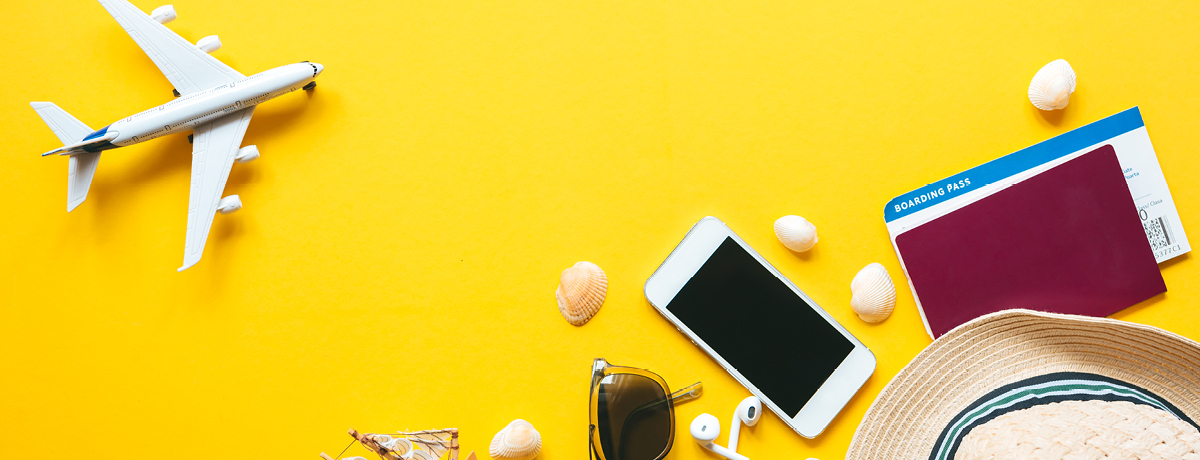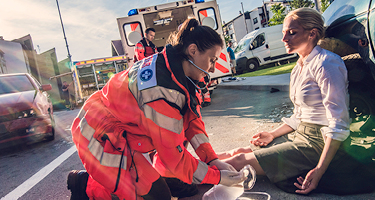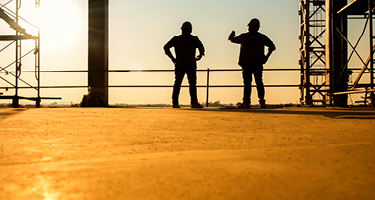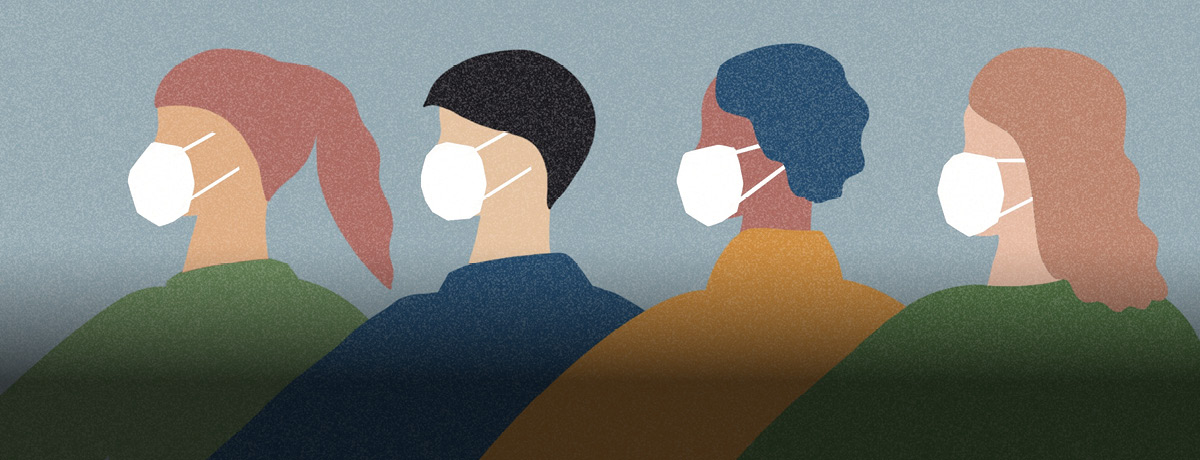IT HAS BEEN a rough couple of years, to say the least, but there finally appears to be a ray of sunshine peeking over the horizon. With widespread vaccine availability and numerous other effective COVID-19 treatment options, it seems we’ve at last turned the corner on the pandemic. After two years of shutdowns and social distancing, the pent-up demand for travel is voracious. Questions linger, though: Is it safe to travel abroad? Is it safe to take a cruise?
I make my livelihood (and our firm has since 1971) representing injured cruise ship passengers and workers, and those injured internationally, primarily at hotels and resorts. We’ve successfully represented thousands of clients and recovered hundreds of millions of dollars. As such, I have a unique perspective here—and I’ll do my best to succinctly unpack your most pressing travel-safety questions.
Is it safe to travel internationally right now?
I get this question a lot, and the simple answer is that it depends entirely on where you’re going. Every country has unique COVID-19-related restrictions that make travel more difficult than it used to be. With a little homework, though, you can make sure you take the proper steps to get into (and back out of) any country.
The best place to start is travel.state.gov. In addition to detailing countries’ COVID-19 policies, the State Department posts travel warnings specific to a given country. Want to go to Jamaica? The State Department doesn’t recommend it, advising Americans to “exercise increased caution in Jamaica due to crime.”
Next, plan to stay at a major, reputable hotel chain. If an incident or injury occurs, they’re well-equipped to handle the situation. Should you ultimately need to file a lawsuit, too, you have a far better chance of success against a big chain.
Finally, before you leave, buy travel insurance that includes emergency medical coverage. A good policy can be worth its weight in gold: It typically won’t be expensive, but if something goes wrong, it can be an excellent tool to defray the staggering cost of emergency travel and medical care. I’ve heard far too many horror stories of clients having to max out multiple credit cards or pay $50,000 or more out of pocket for an emergency medical transport.
What if I’m injured, a victim of crime or have medical trouble while abroad?
If you get injured or otherwise harmed while staying at a hotel overseas, immediately report the incident to the hotel and do your best to document what happened with photos and video. It’s unlikely you’ll be back at the same location anytime soon, so taking steps to properly preserve evidence is crucial.
Then seek guidance from an attorney experienced in handling international hotel and resort injury claims. These are nothing like stateside claims; significant jurisdictional issues make cases like this challenging. If your accident or injury occurs in Italy, for example, the defendant hotel or resort will try to force the case to be litigated in the country (not good). Experienced counsel will know there may be an opportunity to bring the case in the U.S. if a defendant hotel has a significant base of operations here. (Think Marriott or Hyatt, both of whose global headquarters are in the United States.)
Any consultation with an experienced injury attorney should be free of charge. The vast majority of American injury attorneys work exclusively on contingency fees—meaning you don’t pay a penny unless the lawyer successfully recovers for you or your family.
Is it safe to bring my family on a cruise ship?
This is the most common question I get now that cruises have resumed after a nearly 18-month hibernation imposed by the federal Centers for Disease Control—and my answer might surprise you.
Many people think cruises are especially dangerous right now because of their inherently confined nature. In fact, a cruise may be one of the safer current travel environments.
Why? Because all major cruise lines require almost all passengers and crew to be fully vaccinated and boosted. In addition, the industry has been engaged in the fight of its life just to continue sailing. As a result, it has enacted countless new measures designed to prevent the spread of COVID-19: testing upon boarding, enhanced ventilation, mask wearing and reduced capacity, among others. If an outbreak occurs, sick passengers or crew are quarantined. You’ll likely be fine on a cruise.
Forget COVID-19. What if I’m on a cruise and get sick or injured, or am the victim of a crime?
The answer starts with familiar advice: Buy travel insurance! Having said that, though, if you’re injured or harmed on the high seas, most major cruise lines (Carnival, Royal Caribbean and Norwegian) require any injury lawsuits against them to be filed in federal court in Miami. This is called a “forum selection clause,” and it’s buried in the tiny print of the passenger ticket contract—and it’s entirely enforceable. It is, indeed, why our firm has always had its global headquarters in Miami.
A few cruise lines required lawsuits to be filed elsewhere. For Princess Cruises, it’s California; for Holland America, it’s Washington State. This is why our 14 full-time attorneys include those licensed in California and Washington—it enables us to sue any U.S.-based cruise line.
The fact that cruise lines require lawsuits to be filed in the U.S. is actually a big advantage, because the chance of success in American courts is far greater than in any other jurisdiction.
There’s a catch, though: Not all cruise lines have a forum selection clause for litigation in the U.S. Viking Cruises, for example, mandates filing suit in Switzerland. Good luck litigating there. You must read the ticket contract and see where you’re required to sue in the event of injury.
The steps you need to take in the event of an injury on a cruise ship are basically the same as if you’re injured at a hotel or resort overseas: Report the incident and do your best to properly document it. Watch out, though, as all major cruise lines, shortly after an accident or injury, will put a blank “accident/incident form” in front of you. These forms ask self-serving questions designed to protect the cruise line and hurt your case. What could you have done to avoid the incident? The company is hoping you’ll answer in a way—“I could have been more careful”—that can later be used against you in court. Don’t fall victim to the cruise line’s efforts to protect itself.
The most important thing you can do if you’re injured at sea is to call an attorney who is experienced in handling such cases. There’s a distinct body of law known as admiralty and/or maritime law that applies to cruise ship cases. Any attorney who handles your case must be fully versed in these laws. You wouldn’t go to a psychiatrist for a broken leg; don’t go to an attorney who doesn’t specialize in this niche area of the law. That’s where we come in. For more than 50 years we’ve successfully represented clients who have been injured internationally, whether on land or at sea.
So is it safe to travel and cruise internationally? As I’ve laid out above, I certainly believe it is. The good news is that if problems arise, you’ve got a solid team of trusted advocates who are ready to help. Safe travels!
Michael A. Winkleman is one of the nation’s top maritime lawyers. An active trial and appellate attorney, Mr. Winkleman is a frequent contributing expert on maritime and cruise ship law having made hundreds of national television appearances regarding cruise ship and maritime law.

































